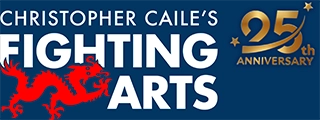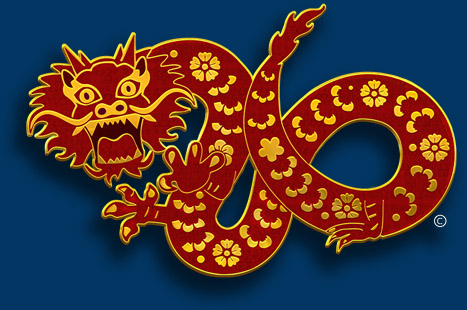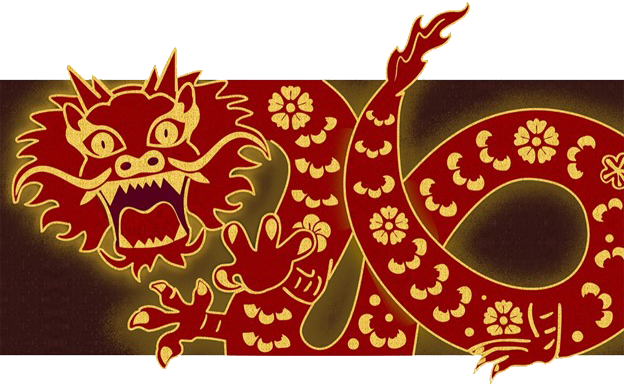THE ZEN MIRROR
The Golden Age of Martial Arts
By Jeff Brooks
Eruptions of violence appear in the news every day. Whether this is a result of more sensationalist coverage or an increase of incidents, the fact remains that preparedness isn't just for paranoids anymore. In civil war era Japan or during inter-dynastic periods in China, social disorder was the norm. As martial artists we have encountered stories from these times. They are part of martial arts lore. They have been romanticized in modern retelling. They have entertained us but they have also inspired us and instructed us in the need for training in martial arts and in the nobility of the skillful use of force in the restraint of harm.
The days of civil unease are with us now. And the need for the personal cultivation of martial skill has not changed. The presence of firearms and other weapons and of a professional law enforcement contingent in society has not reduced the relevance of martial arts training. The ways in which social conditions have changed since the birth of Asian martial arts have not changed our need for training in ethics: the ethics of our obligation to the safety of ourselves and others, and of what constitutes right action in ordinary conduct and in the face of violent threat.
Modern people are well educated in violence. On the news, and through the menacing behavior of thugs in f–k 'n fight music, in video games, movies and on television. Even in more elevated venues of social discourse, a pose of bullying and intimidation are not only accepted but admired. Mayhem as entertainment trains us in a set of values and behaviors. Under pressure or in ordinary life, people use what they are taught.
Six high school girls were trapped in a room with a violent criminal. He attacked one at a time. What if the other five were trained in martial arts? Twenty-nine college students found themselves within a few yards of a shooter. They bolted for the door while some of their fellow students were shot. What if they had some appreciation for their own strength? What if they had been taught to unite and fight back in the face of murderous threat instead of to run off individually? What if upon first seeing the rifle, the ones nearby stopped the threat before it became deadly? What if instead of watching videos and eating junk food to make themselves feel tough and happy, kids could train in martial skills and have the calm mind, good self-image, healthy strong body, and sense of purpose that it takes to resist wasting your life in self indulgence or cowardice?
Can martial arts have such a good effect? It can. Is this too much to ask of it? I don't have the answer to that. At least not alone. But together, in a way, we do. We can all do something. We can work hard, be strong and humble, and do right. We can put an end to petty intramural martial arts squabbling simply by not participating in it.
We can further the strength and the decency of at least a few members of our society, a society in danger of losing its virtues to complacency and pleasure seeking. A society that is not teaching young people what they need to know and so is leaving its most vulnerable members exposed to harm.
Let's not forget why we became martial artists. Let's not forget what we admired or who we wanted to be. The mission of the true martial artist now is as critical as it was in Tokugawa era Japan or in the time of Bodhidharma and the Shaolin Temple in China.
We are writing history right now. Only if we cultivate our skills and dedicate our time on earth to bettering the people with whom we come in contact will we realize our true potential. Then our martial arts training will become a source of tremendous power.
Jeffrey M. Brooks
Jeff Brooks (9th dan), began martial arts training in 1978 and opened his first karate dojo in Northampton, MA (1988 through 2009), while also conducting self-defense seminars, professional programs in combative skills and served as a regular contributor on Zen and karate-related topics to FightingArts.com.
Jeff then moved to South Carolina and started a career in law enforcement, serving as a police officer, then detective, defensive tactics instructor, firearms instructor, PPCT instructor, Deputy US Marshal, and Deputy Sheriff. After retirement, he founded Mountain Karate in Saluda, NC.
In karate Brooks received his 5th degree Black Belt from the Nagamine honbu dojo, his 7th degree black belt in 2004, and his 9th degree black belt in 2022, in recognition of his formation and leadership of Yamabayashi Ryu. He studied with leading teachers in Okinawan, Japanese, and Chinese traditions, in the US and overseas, including Katsuhiko Shinzato (the translator of Shoshin Nagamine's Essence of Okinawan Karate Do, and formerly a student of the Kishaba brothers' karate and kobudo); Sogen Sakiyama, Roshi (direct student of Miyagi Chojun, and practitioner of Goju-ryu karate); and Shoshin Nagamine (Chief of the Motobu District Police, Mayor of Naha, and founder of Matsubayashi Shorin Ryu).
Jeff Brooks has written hundreds of published articles on martial arts, and Zen and has been cited widely online and in print. He wrote speeches and presentations for high profile public figures in politics, media, business and the arts.
He is author of several books including "True Karate Dō", available on Amazon.com
Search for more articles by this author:






